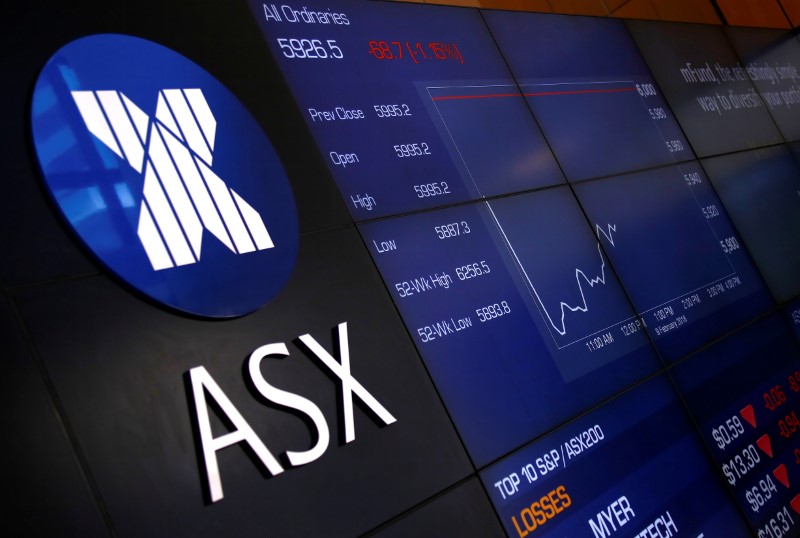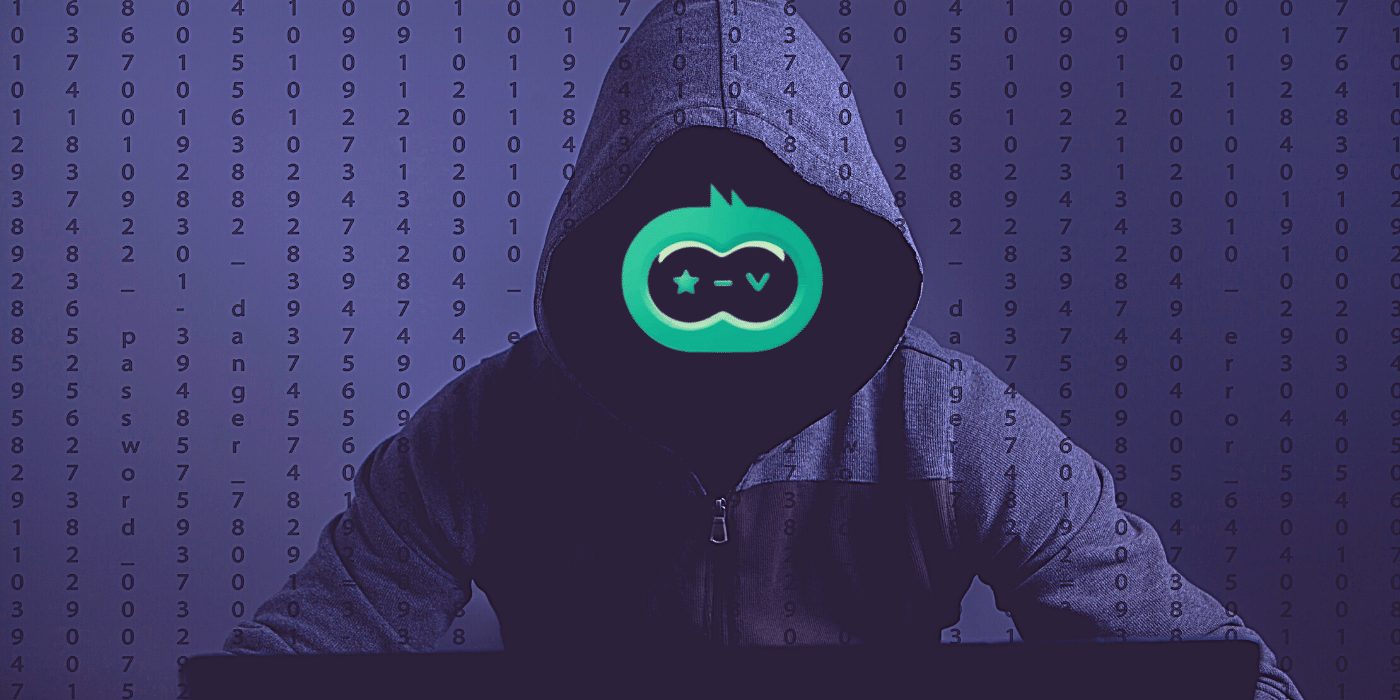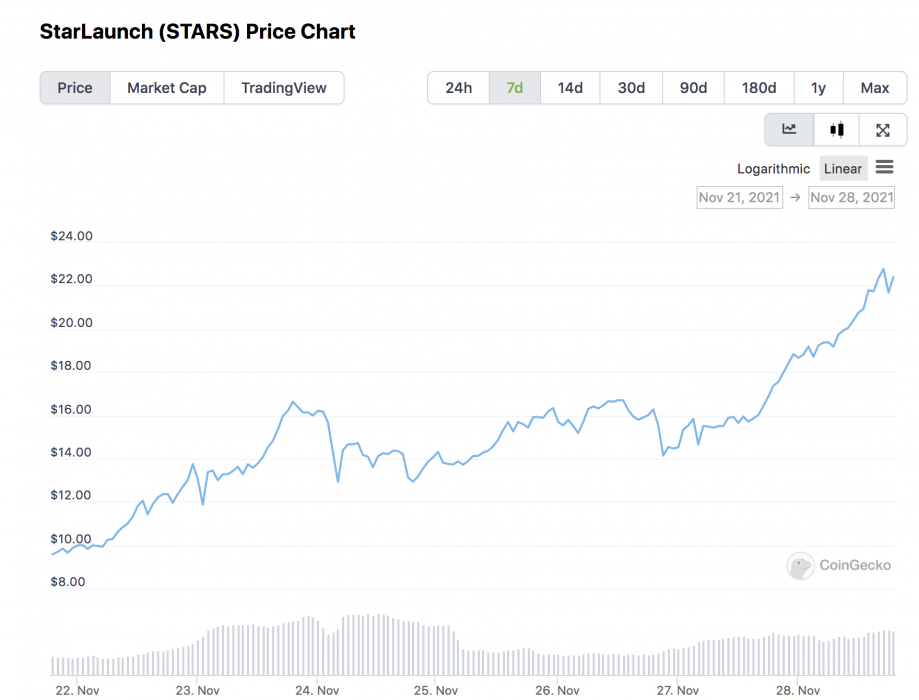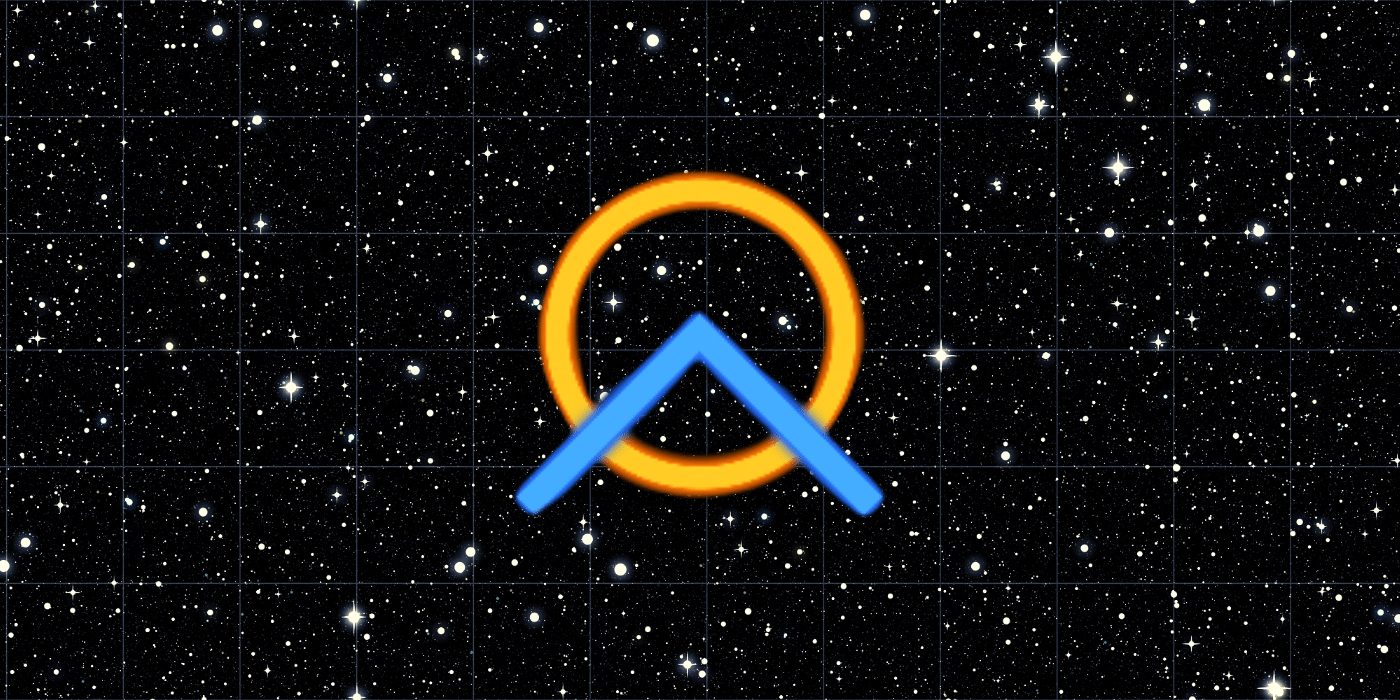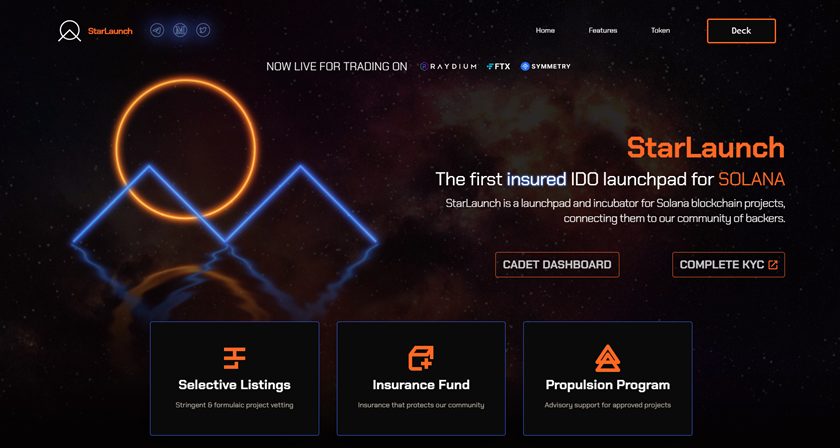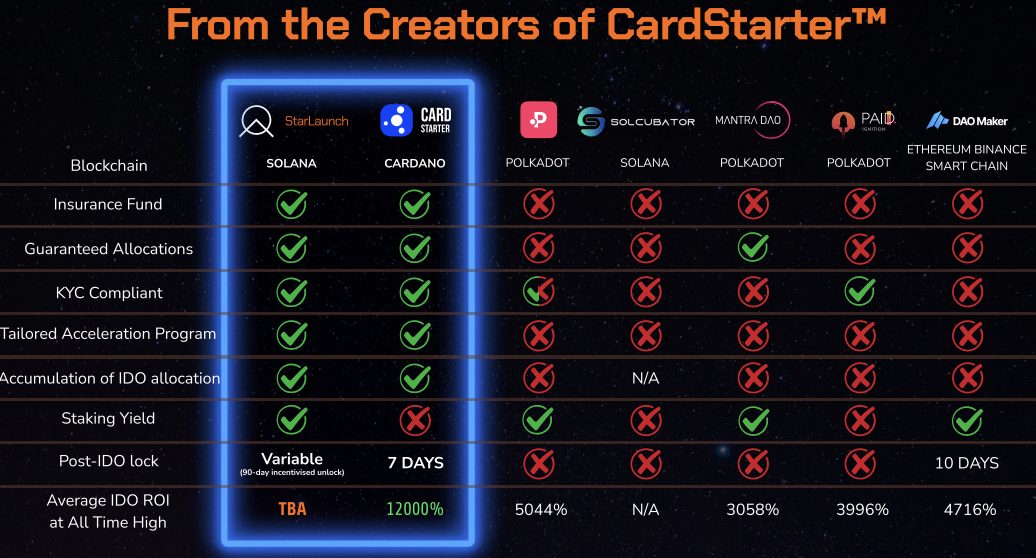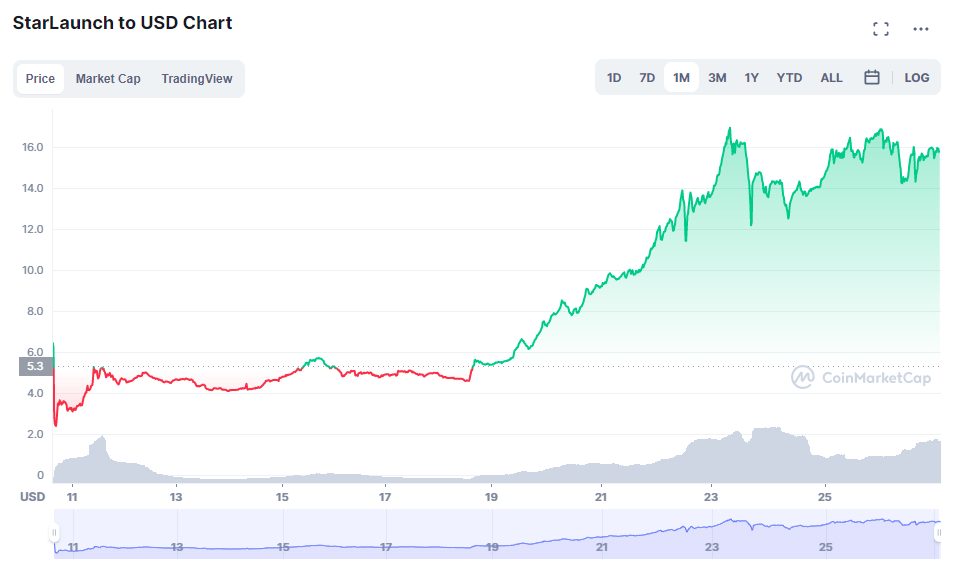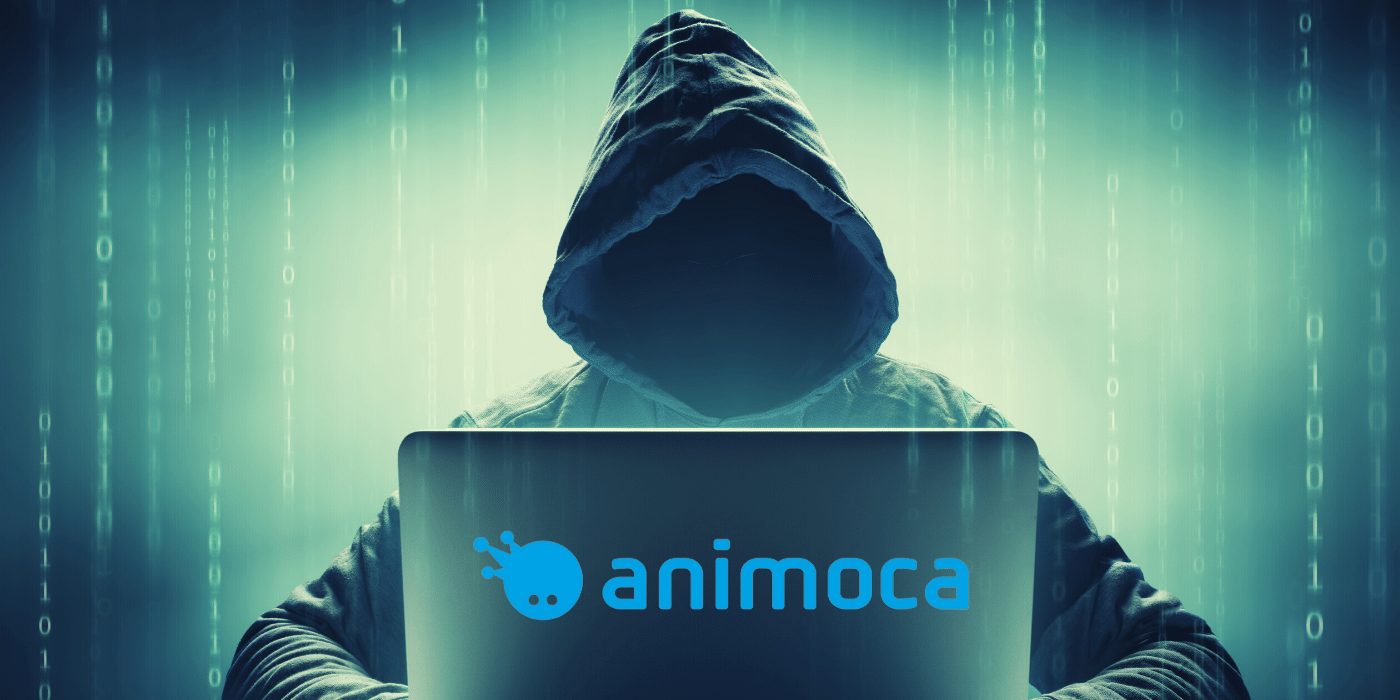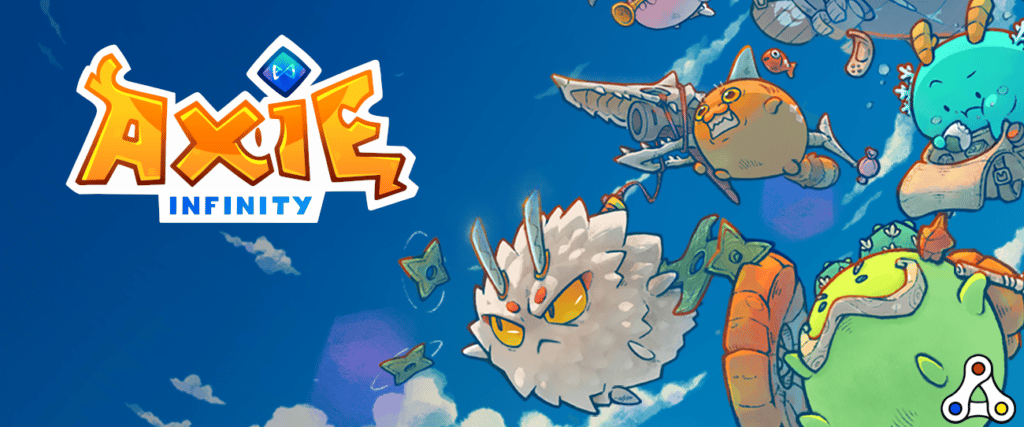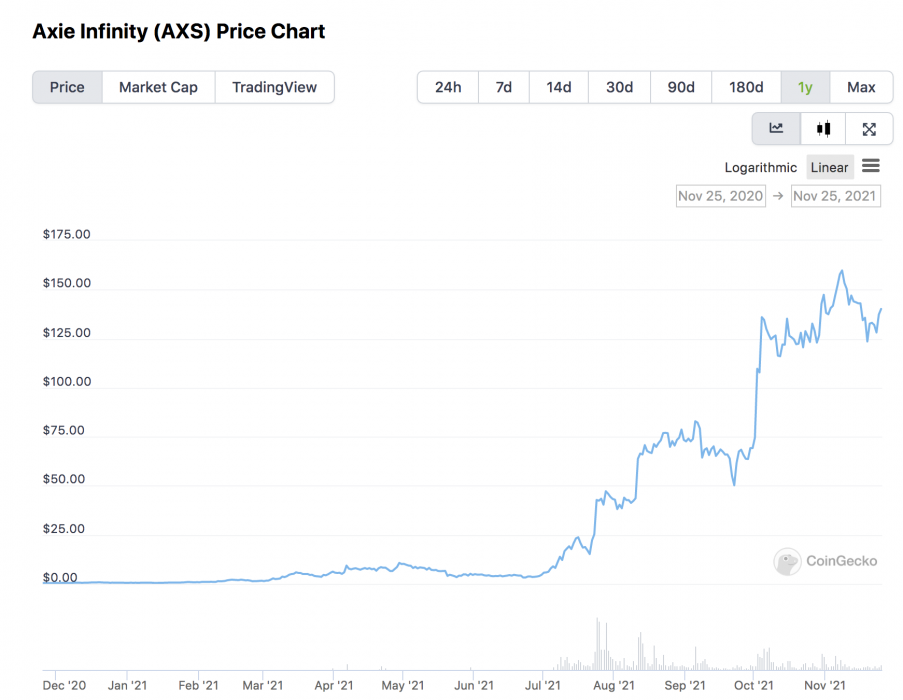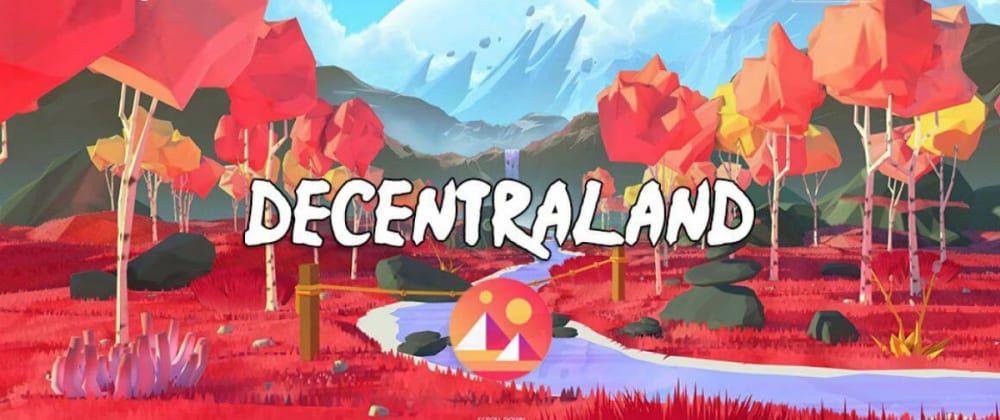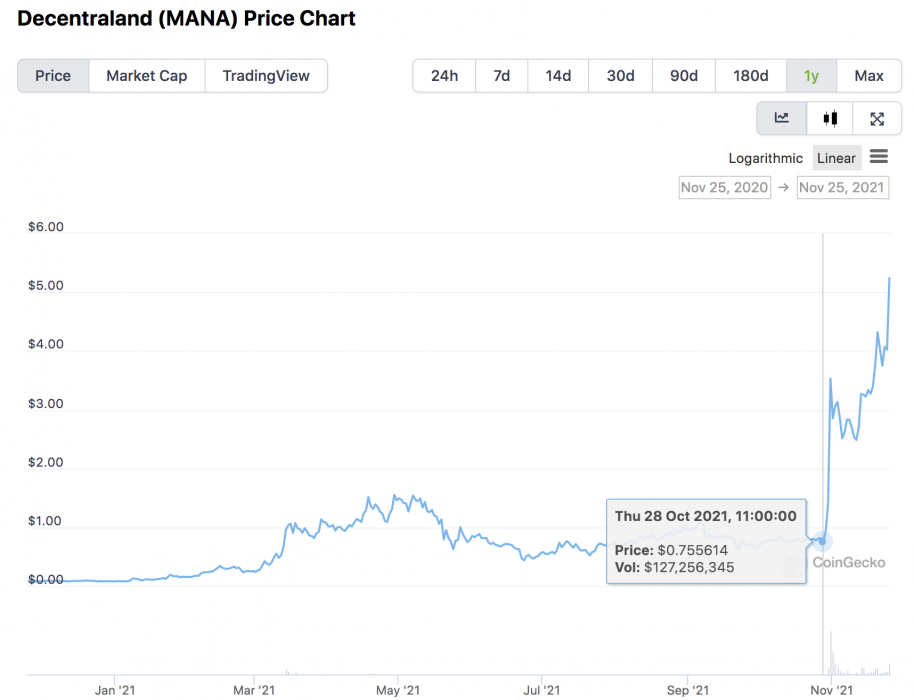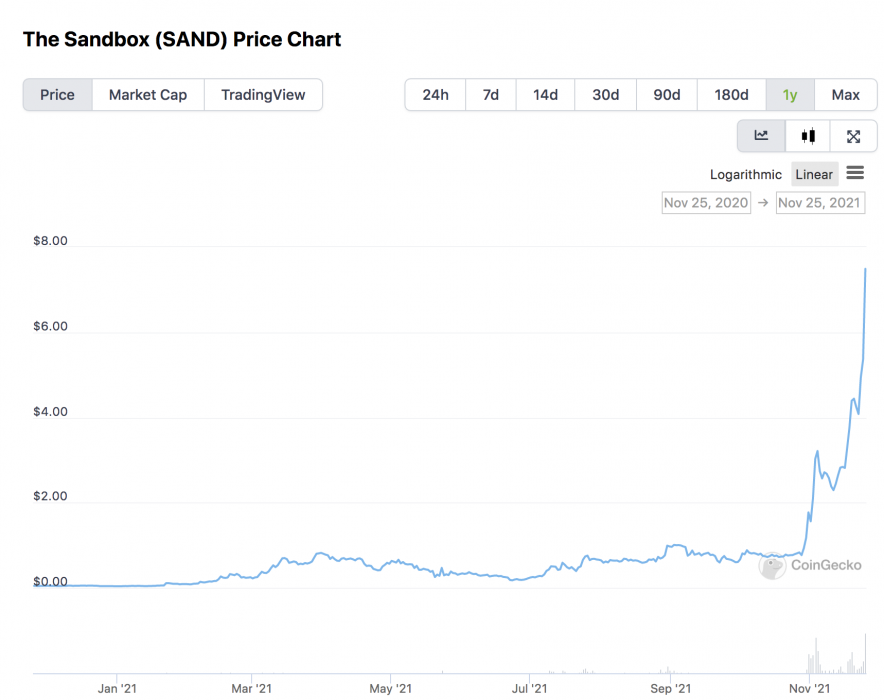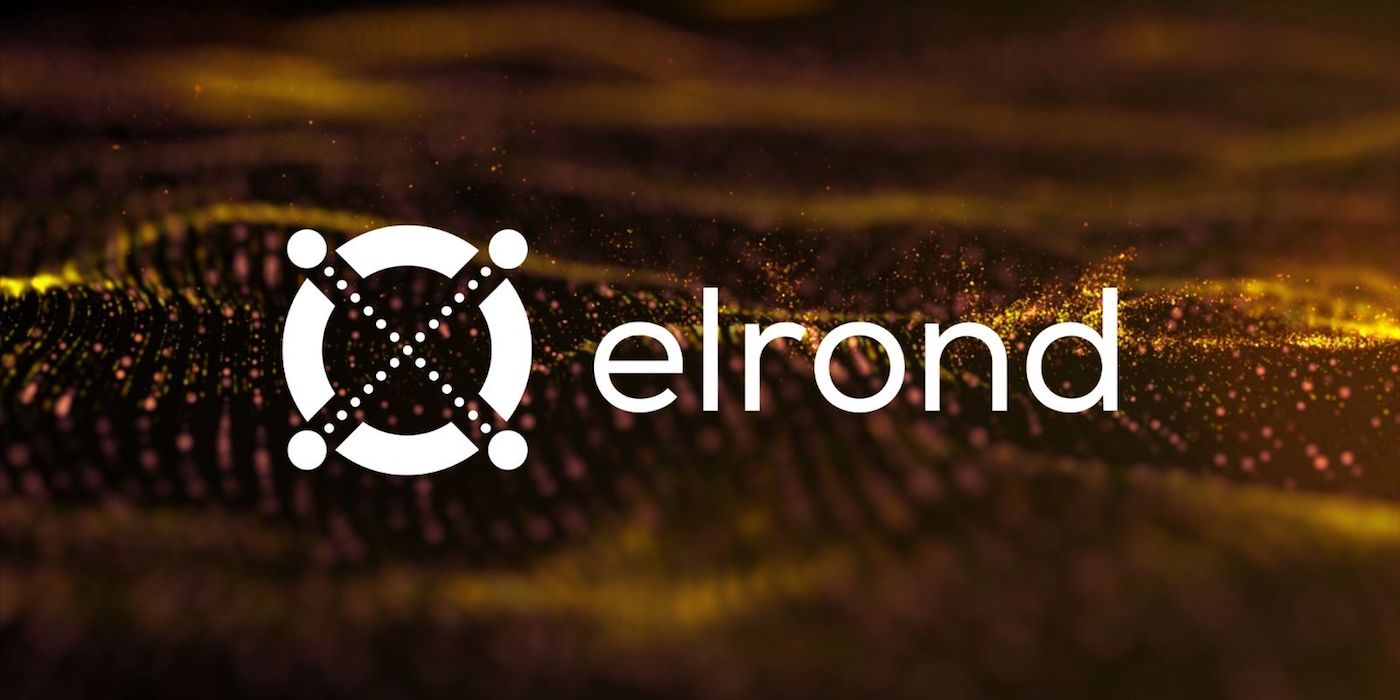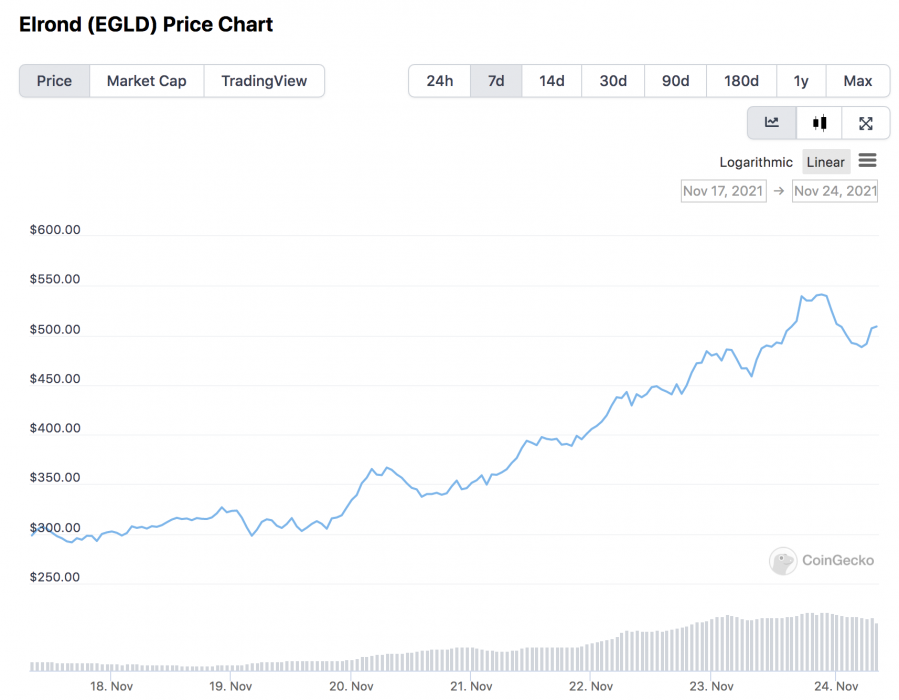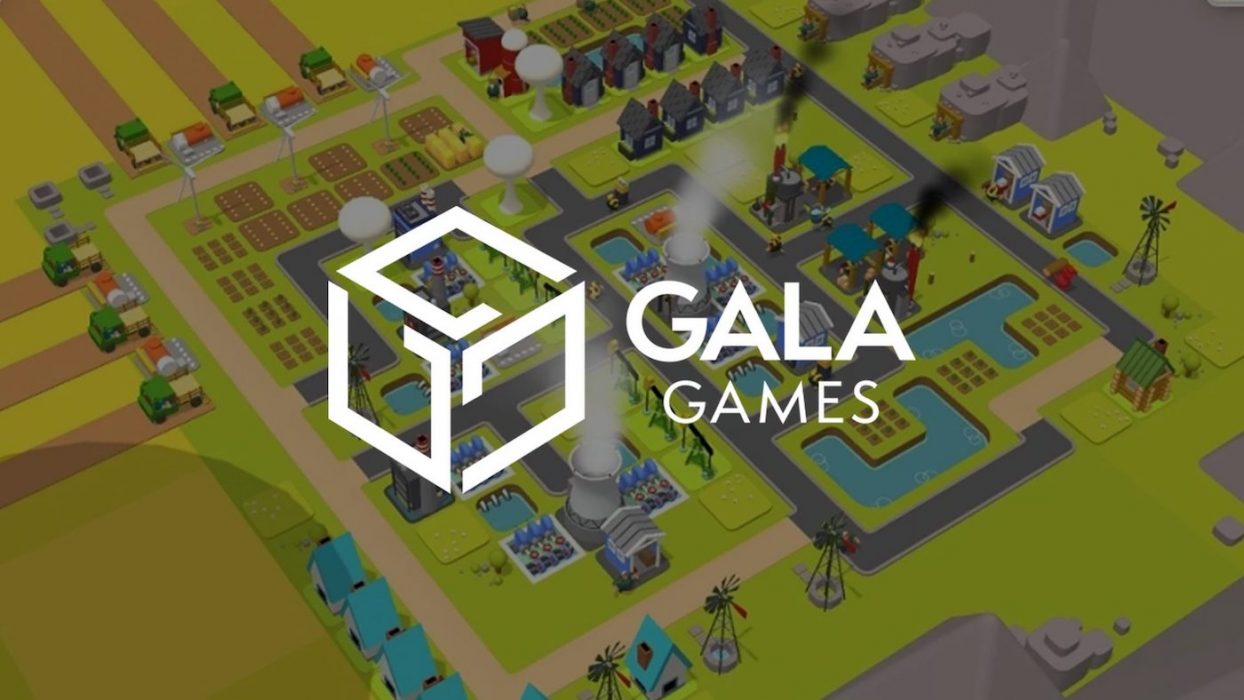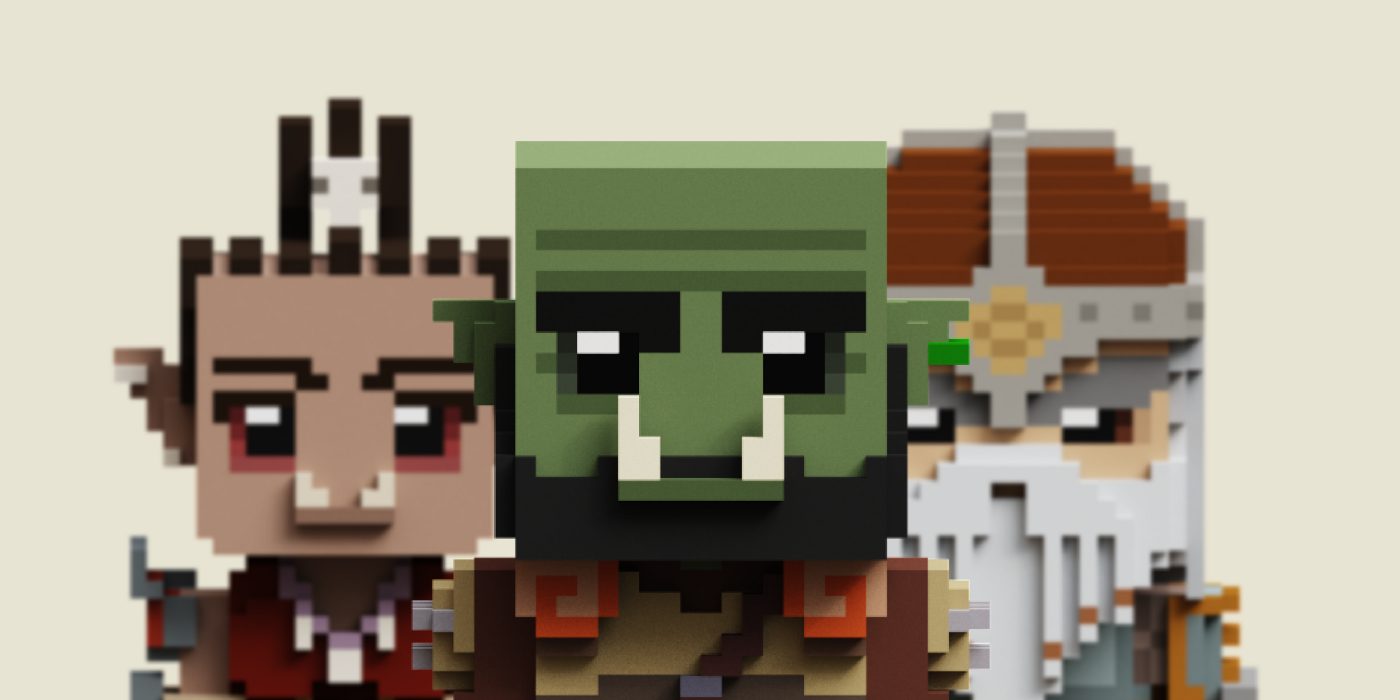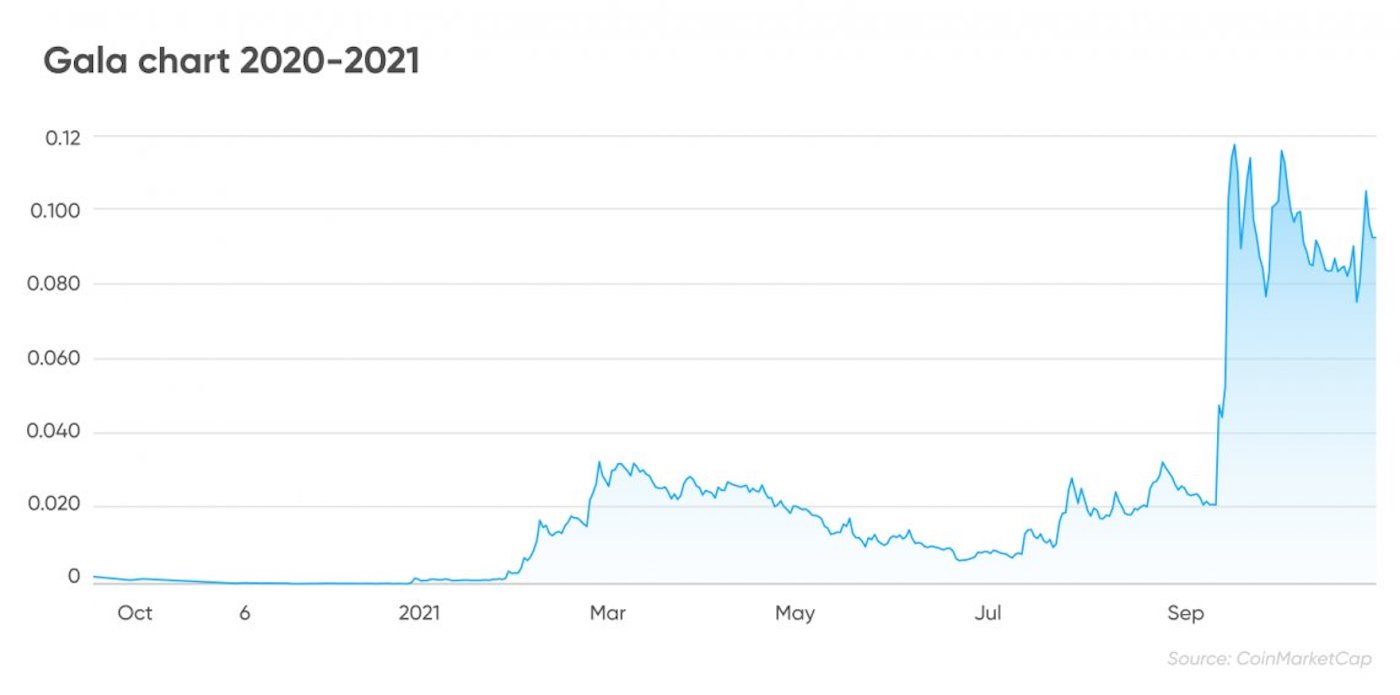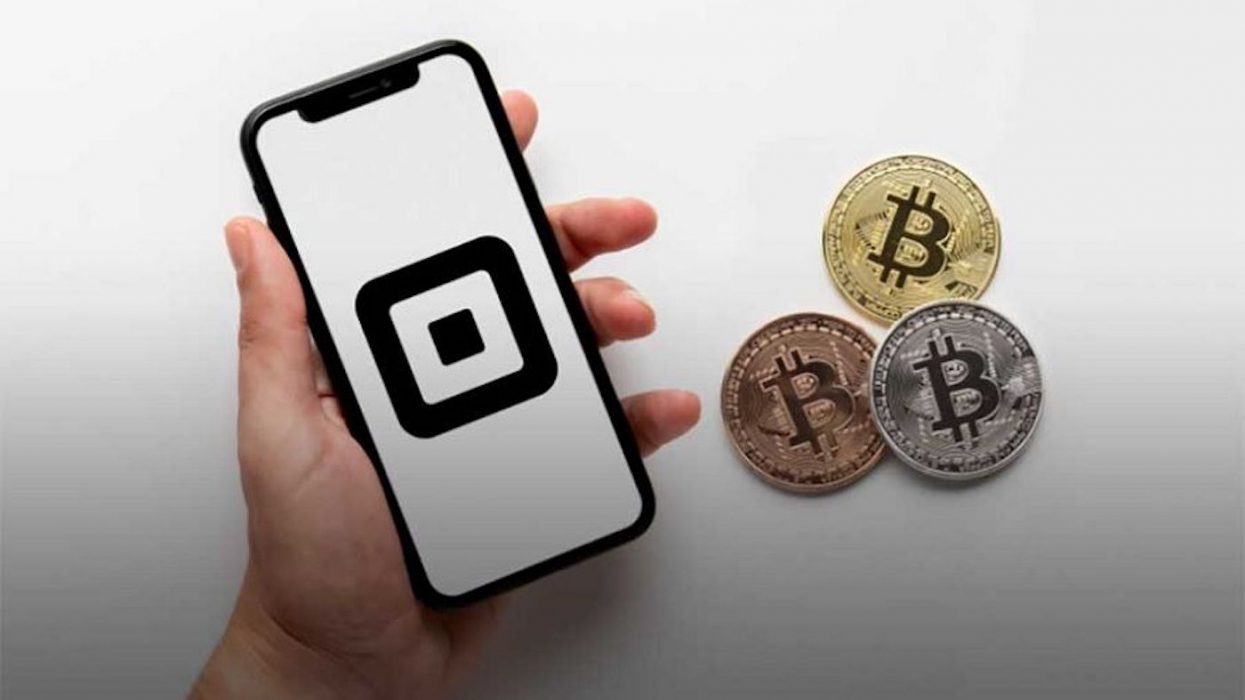Yesterday, the Australian Securities Exchange (ASX) announced the opening of the first of the Industry Test Environments (ITE1) for its blockchain post-trade replacement solution, CHESS.
The upgraded CHESS system has undergone some rigorous tests to ensure it can deal with Australia’s increasingly large share market. This is a major step towards the new CHESS equities clearing and settlement system going live in 2023.
The Clearing House Electronic Subregister System (CHESS) is the core system that performs the processes of clearing, settlement, asset regulation, and other post-trade services that are critical to the orderly functioning of the market. ITE1 gives CHESS users their first exposure to ASX’s fully integrated external solution, which includes Digital Asset’s DAML smart contract development capability and VMware’s DLT platform. The solution uses Digital Asset’s DAML smart contract language and VMWare’s blockchain.
The New System Available in 2022
ITE1 will open for software providers, third-party vendors who supply software to CHESS users, and organisations developing in-house systems. The ITE2 will open in April 2022 for market participants and other CHESS users. The announcement is for developers, while end-users will be able to access another iteration (ITE2) of the test environment from the same date, while the launch date is planned for April 2023.
This is truly a step in the right direction as the project has already been delayed three times. In September 2018 ASX pushed the live date to late 2020, but it was extended to April 2022. The extension was given to allow participants and regulators to cope with the volatility of early pandemic trading, and then to allow the new system to be redesigned to accommodate a massive increase in trading volumes.
Tim Hogben, the ASX group executive for securities and payments, said in a media statement:
Today’s opening is a significant step on the journey towards the go-live for the CHESS replacement system in April 2023. Together, we’ve entered a new and exciting phase of the project.
Tim Hogben, ASX
He added that the system would generate valuable feedback for ASX on the state of the new and developing system, with software providers testing functional and non-functional workflows across all connectivity access channels.
A Keen Eye Will Be Kept on CHESS
Hogben described the CHESS replacement project as a key pillar in ASX’s strategy to “build an exchange for the future and deliver world-leading infrastructure to the Australian market”.
Given that the CHESS replacement project involves groundbreaking technology, it is sure to garner a lot of attention. As a result of the hype around CHESS, ITE1 will be closely watched by many financial markets worldwide as the world considers its own long-term technology solution upgrade.

